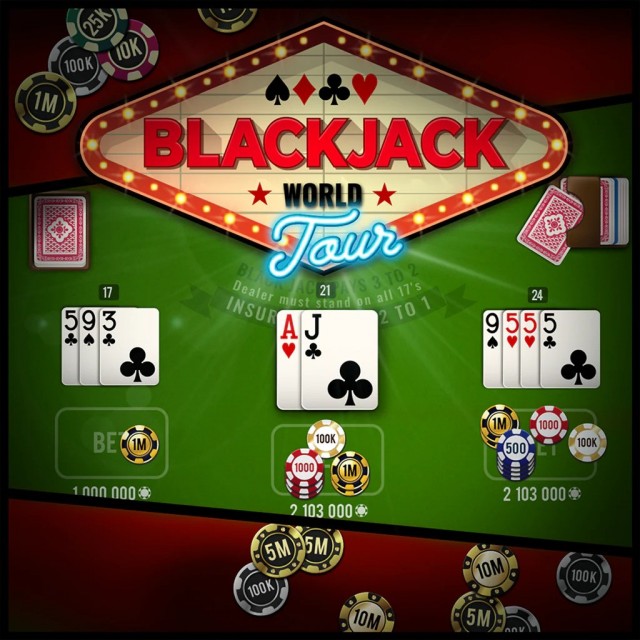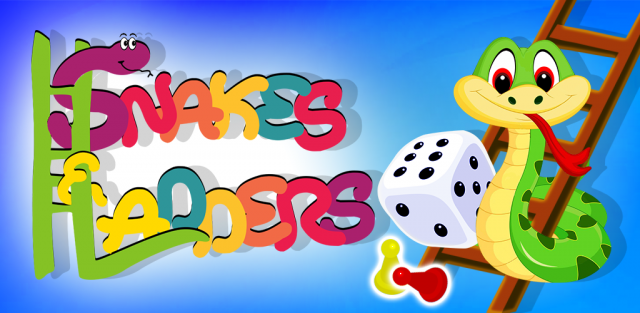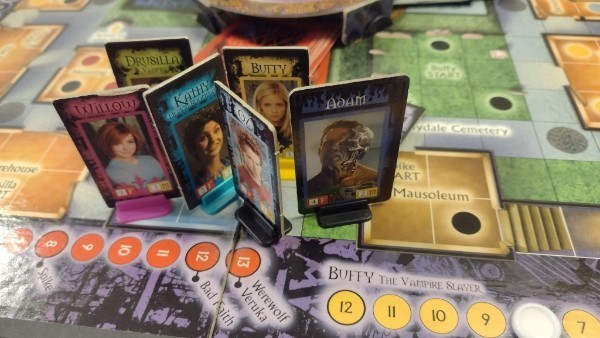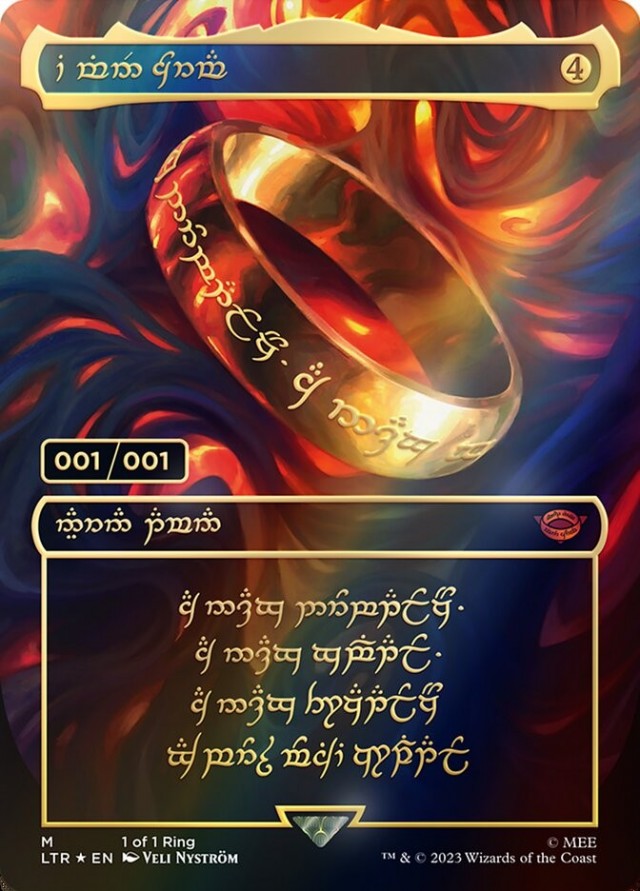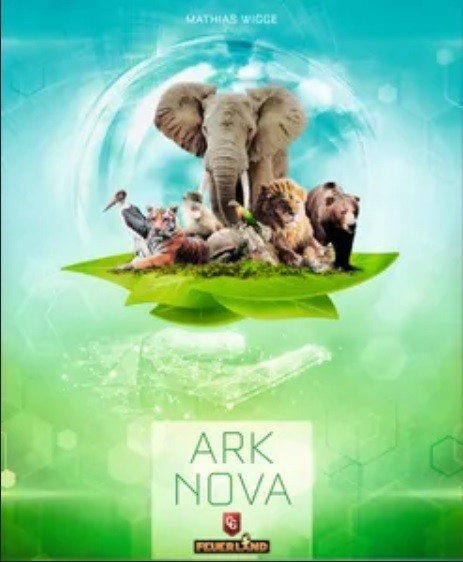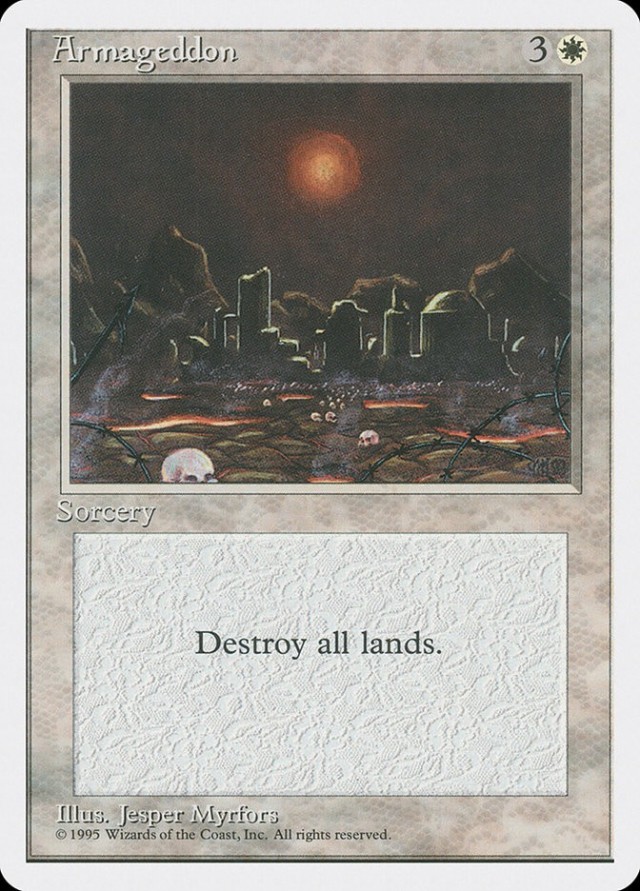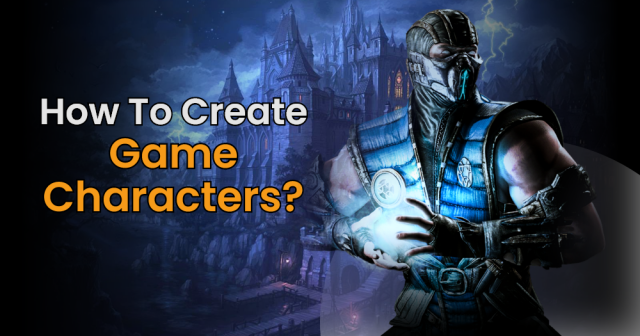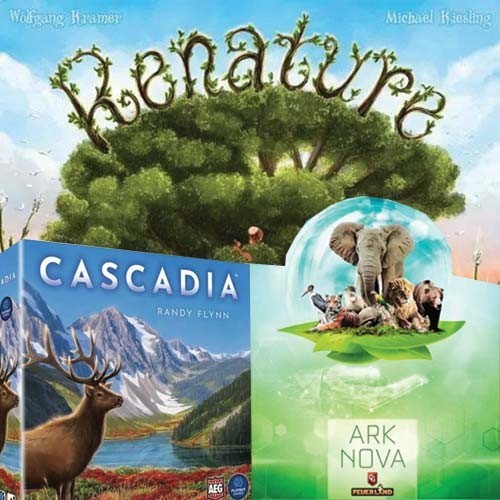You just can't name even one thing better than having a gaming convention a mere eight miles from your house.
Okay, maybe having some women in attendance when you get there. Or even just one.
A quick note -- I originally wrote this entry four weeks ago in the days following the WO convention, but held off submitting it in light of the brisk discussion that occurred when Adam Starkweather entered the scene here at F:At. Much of the original content in this post was discussed in more detail than appears here, but upon reviewing this (I planned to disassemble it for parts) I decided to pretty much leave it as is and publish now, largely due to the frame of mind I was in during the convention -- that of a very rusty wargamer who hadn't sat down to a hex map between 1980 and 2007. This perspective gave me a bit of a unique view on the event, and to MMP's place in the overall gaming market. Please take what follows for what it's worth, from what is essentially a "new" wargamer's perspective, and rest assured that I am not in any way an insider to any of the business aspects of boardgaming design or delivery.
Multi-Man Publishing's Winter Offensive convention is a fund raiser for Lou Gehrig's disease and so is billed as ASL for ALS. (Multi-Man is owned by Major-League pitcher Curt Schilling, who played for the Orioles with Cal Ripken . . . you get the idea.) And true to Multi-Man's standard operating procedure for its games, the event is understated, unassuming, yet of the highest quality available at any price. I'm just getting back into wargaming after nearly thirty years away from it and quite honestly felt intimidated stepping into the room with not so much as an overview of an ASL starter kit under my belt. But after being blown away when I stepped back into the genre with Warriors of God and Target Arnhem, the draw of this event in my back yard was just too much resist, so in I went, empty handed save for my camera and a pair of reading glasses. I dressed the part of a noob because I didn't want anyone to presume otherwise. I'd keep my mouth shut, my eyes open, not touch anything and with luck no one would be too condescending.
Well that just wasn't going to happen. I don't mean the condescending part -- everyone was great and when they figured out I was green (it didn't take long) they were quick to adjust the conversation accordingly and offer to get me into a game. Now, my experiences at WBC have been remarkably similar so I don't want to cast aspersions on our non-bloodletting brethren, but when you step into a domain where an 80 page binder is sitting next to the game map "just in case someone needs to look something up" it's not unreasonable to assume that they may be a bit reluctant about taking the time to get you up to speed. But I suppose when you're members of a niche group that's a subset of a niche group, you need to spend some time investing in your player base, and maybe get a bit of personal validation in the process as a bonus. I shook hands and smiled, and soaked in the cardboard. Not a plastic piece to be found.
But I did indeed come to play, it's just that the titles I was comfortable with were more limited. After the guy at the registration desk signed me in and showed me where to coffee pot and beer keg were I told him I was interested in the IGS stuff and he pointed out Adam Starkweather, the flag bearer for the series and someone that I have had the opportunity to speak with online on another popular boardgaming website. The chance to meet him in person and shake his hand was something I didn't want to pass up, but I decided to spend a moment swinging around the room first so that I could see everything.
Quite frankly I can't tell you what most of the titles were that I saw spread out on the tables -- most non-grogs simply can't tell one title from another short of the piece of landscape being displayed on the map. And the back half of that last sentence is likely the wargame genre's biggest handicap. Leaping to the conclusion you find charging headlong into your opponent's machine gun fire a reasonable choice of theme, there's not a lot about wargames physically that makes them stand out in the crowd. Much of the arcane symbols originally conceived in the sixties and seventies are still in place in modern games, carefully printed onto little cardboard "chits" that utilize the same colors from game to game to avoid confusion. They're played out on maps with highlighter pen graphics. Indeed to the casual observer, the look and feel of Wargames has evolved little between my first plays of the games in 1975 and today and that became painfully obvious as I walked through the room looking at each table. Undoubtedly the rulesets have advanced and very much in the right direction, but to the casual observer, and more importantly to the guy that's growing tired of Pillars and Memoir and Magic and looking for something more intense, most modern wargames look about as appetizing as a bowl of uncooked Bisquick. Their newer rulesets, tighter and quicker, more realistic and packaged into far fewer pages, are lost to the wind because there's just not a lot of sex in the packaging. So wargames press on, capturing a few hundred new dedicated fans each year. Worldwide. Pre-order lists promise hope to the devout, but march oh-so-slowly forward
So around the room I went smiling and nodding. I stayed out of the way, I politely reviewed a few rule books and pieces, and the men at the tables answered the questions I hadn't asked, explaining the battles playing out and the unique perspective each ruleset was bringing to the scenario.
Finally I arrived at the corner of the room I was most interested in -- IGS central. IGS, the International Game Series features games that are more grand in scale than ASL and its brethren but more straightforward in rulesets. That's a pretty neat trick -- these are games that you can learn to play in an hour or two then spend a dozen or more plays to truly invest in the nuance they provide. Sound familiar? Much of modern gaming is threading that same needle right now, but only in a very narrow way. IGS walks the same path but provides a different journey in the process, largely due to the broader array of options that an open board and dozens or hundreds of pieces can provide. This is securely on the wargaming side of the line, but encapsulated in a package that designed to provide a big punch in a small package -- rule-wise, time-wise, curve-wise.
Two games of IGS's Storm Over Stalingrad were in play and after getting a few minutes looking over someone's shoulder I hastily returned to the sale table to nab a copy at 25% off. They sold out an hour later.

Starkweather was deep in conversation with a guy and showing strategy options for a game on the table before him so I plunked myself down in front of a copy of Storm Over Leyte Gulf (maybe the only copy to date -- the map was fresh off the plotter and the chits were inkjet quality) and began to read the rules. No hexes -- similar to Stalingrad it uses territories (both land and sea for Leyte Gulf) with both traditional boardgame movements and card-driven functionality. The Word doc containing the rules was straightforward and had plenty of white space, yet by the beginning of page five I had the heart and soul of the mechanics under my belt -- shorter than most deep euros. I was confident enough to have started a game after just ten minutes at the table.
Picking up some cards to see the options they would provide, I stumbled across one in short order entitled "Kill the Japs!" Written by a guy named Nakamura, I found it a bit surprising given the careful euphemisms used in modern products, and I have no doubt that the J-word would never have cleared the bar in a euro title, and quite frankly probably not in trash either. But wargames have their own way and their close association with a particular window of time and location gives them a certain level of immunity to modern day attitudes. I'll be curious to see if the card text makes it to the finished print run, but I won't be surprised if it does. Wargames by their very nature carry emotion with them -- these themes aren't lightly painted. People died, and you're sitting down to see if you can do better. That's the gravity that wargames bring to the table and its one not easily replicated with economic engines or palace building.
As I looked around to see if I could rope someone into a game Adam came over and began to clear the board. He indicated that he was going to set up another game on the table, one soon to be named What Price Glory, and I told him I would listen in if he didn't mind. In short order he had me playing the game with three other guys. World War I, both theaters, grand scale . . . I'll go into a bit of detail on how the game works in a later post since it's a subject in itself, but suffice it to say that Adam patiently gave us the grand tour of a game with some unique features and then babysat, staying close to see how the game progressed and answer any questions. Still in development, I like to think that someone as rusty as me provided him with solid insight into how the game would play out with someone new to wargaming, provided that's an audience he and Multi-Man actively seek when it's offered. This game is unique -- two three or four players, two can play on either front, three can play on both fronts with one player covering Germany and the Central Powers on both, or four on two fronts. Units can (indeed must) move from one front to the other so there is a unity in the package, in spite of each front playing more or less independently from the other on any one given turn. Scores are combined from both boards for a team win. Each player position (as is common in wargames) is asymmetric in that it provides different materials and rules that map to each countries capabilities, mapping loosely to the timeline of WWI. In this way it provides four unique player seats in one package (though MMP appears to be releasing it in two boxes) which allows a seasoned player to take on the harder rolls while noobs such as myself spin up on the less complex positions. I got the Russians and their allies in the east, who have less options and materials but a lower bar to clear in order to achieve success.

Will this play to the mainstream boardgaming audience purchasing games today? This isn't roll-selection. This isn't worker placement. This isn't a "fair" game -- each player is given different obstacles to overcome and does not have equal resources available. That's simply the nature of a game that is effectively tied to historical fact. The Russians were not in a position to "defeat" the Germans in the east and the player given their role needs to come to terms with the idea of fighting Germany to take pressure off of their western allies. They need to lose as slowly as possible, and that appeals to only certain kinds of players.
What Price Glory captured much of my day and at the end I clearly indicated that I would be on the pre-order list when it appeared. Four players, simultaneous play on two theaters, card-driven and traditional play combined, this is a very neat title and fills a niche that a lot of non-grognard players would happily fall into, given they actually are able to recognize the opportunity. It even plays in an evening. This should be a marketable product.
I had entered the room a bit insecure into how well I would fare, but after a few hours of gaming and more than my share of questions I managed to do about as well as the Russians could be expected to in World War I, and came away with a very comfortable feeling about where this slice of the hobby is going. Advanced Squad Leader in my future? Likely not. I don't have the time for the study and detail of such a complicated system given my station in life. More likely I'll continue on my chosen path down the grander, simpler, strategic games typified by IGS where abstraction blessedly simplifies the minutiae of war without damaging its very real connection to history. These new games, in spite of their smaller rulesets, provide a vast array of options and difficult decisions that every heavy euro player dreams of, what they aspire to find, what they look for every time they go online seeking a recommendation.
Then they see the cardboard chits and move on.
Does Multi-Man want to actively go after these customers, or are they happier remaining in their comfort zone? In my very-limited view IGS has one foot in each camp -- Warriors of God has broken the visibility barrier, largely due to Tom Hancock's exceptional review of the game on a very mainstream web site. I'll be curious to see how they approach the market with new products like What Price Glory and Storm Over Leyte.
I made it a point to shake the hand of each of the gentlemen I had sat down with since they were patient with me, and since I won't be surprised to cross paths with them again. These aren't geeks. These are full-grown men, respectable in appearance, and remarkably civil considering their chosen subject matter. Happy and joking, the comradery was unmistakable yet the volume in the room always remained constant, the tone respectable, the incessant rabble of WBC notably missing. This is how adults play games, and I liked it. This won't be the biggest convention I'll attend next year, but I'll attend alright, and next time not just for the day. Very rewarding gaming with a fine group of men.
Sag.
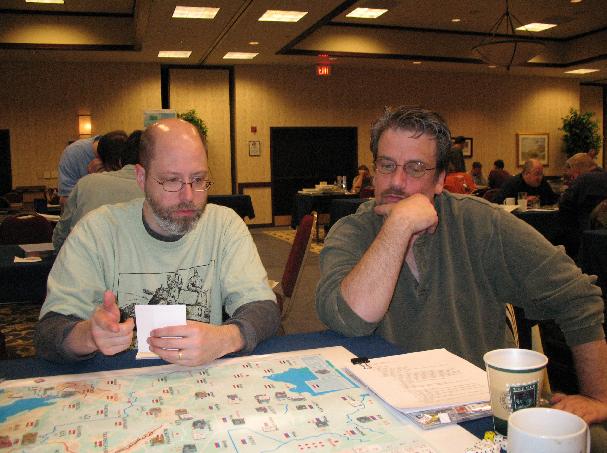
 Games
Games How to resolve AdBlock issue?
How to resolve AdBlock issue? 